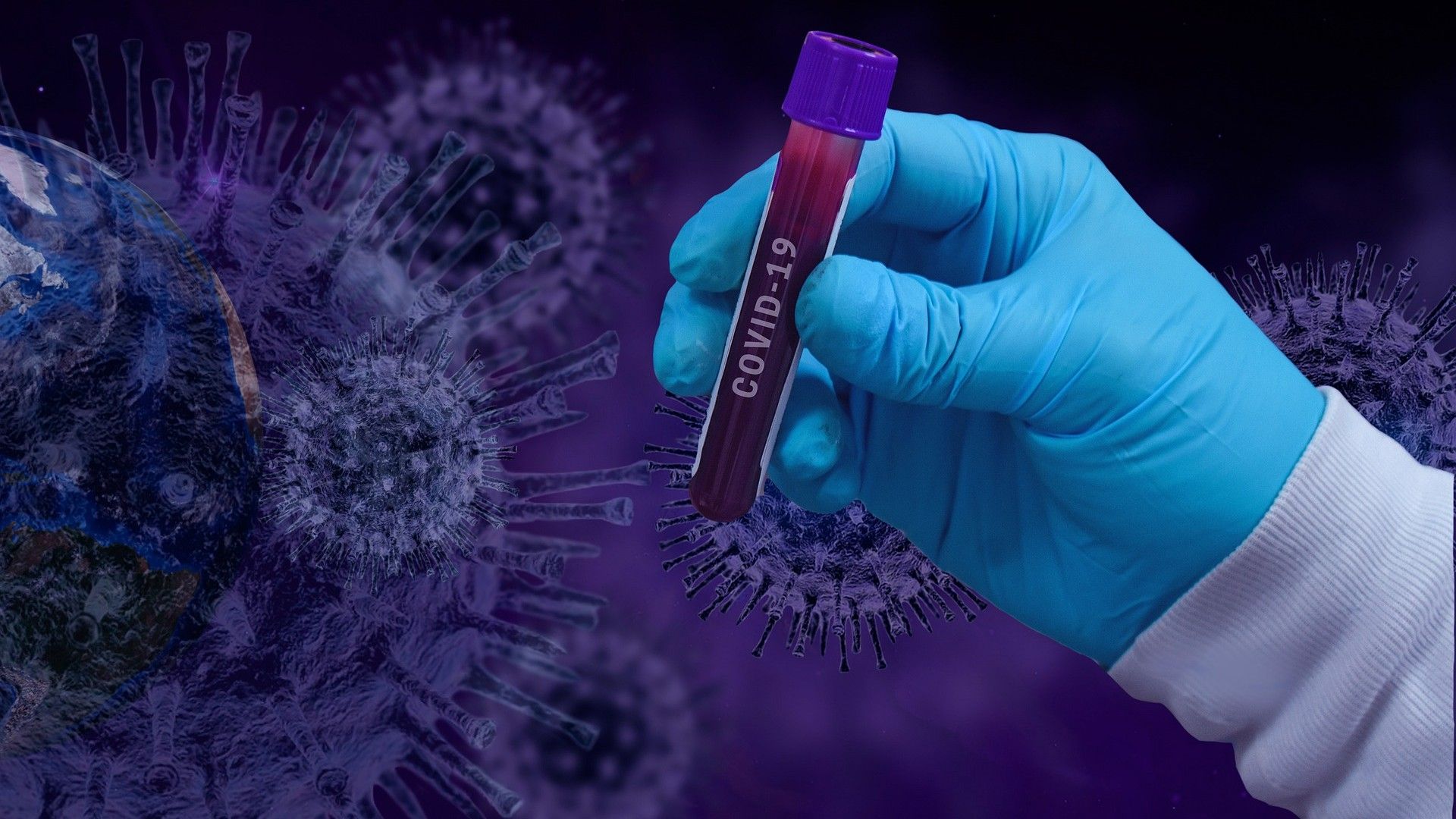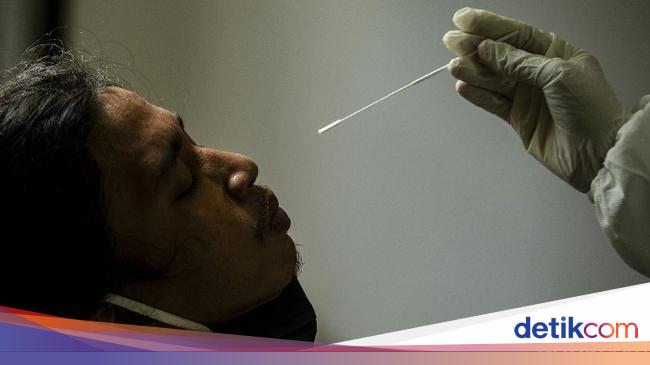As the variants of covid and the infected people have changed, coronavirus symptoms have also been changing. And it is that, like all viruses, the covid-19 mutates almost constantly survive on hosts -that’s what they call the people they stay in- without actually killing themsince that makes them die too.
The fact that they mutate to not kill guests It is very important to explain why the symptoms of covid-19 have been softening and the death rate has been declining.
Vaccination, hygiene and prophylaxis
Something that, of course, has also been influenced by the vaccination figures and the prophylaxis and hygiene measures adopted by the population, such as masks, social distance and hydroalcoholic gels.
In short, the symptom chart it is much wider in the new variants than in the previous ones, but also milder. Therefore, the disease is less serious.
Combination of symptoms
inside that wide spectrum of symptomspeople who are recently infected with coronavirus have the symptoms of the first wave – loss of smell, loss of taste, headache and fever – together with the throat pain, sneezing and the lack of appetite.
Also lately people who have contracted the virus in the fifth and sixth wave they complain about abdominal and muscle painespecially in the lumbarsome pains that usually disappear after two days. They are symptoms of the omicron variant.
“A Truck Overhead”
People who have contracted the virus in recent times report that they have muscle aches (lumbar and cervical and shoulder blades) that can resemble those that would be suffered “if a truck had run over you”.
The big difference with the pain of the contracture is that it feels inside the back. This pain can last for a long time after SARS-CoV-2 has been overcome.
Fatigue, brain fog and hyperesthesia
The pain can also lodge in the knees in the form of tingling or as weakness in arms and legs. It adds to the list of new signs such as extreme fatigue, brain fog, heartburn, dizziness, itchy hands and feet, etc.
Related news
In recent weeks, a large number of patients infected with the omicron variant of covid-19 who developed hyperesthesiaa symptom that consists of severe pain and that could lead to a serious condition.
Hyperesthesia can be defined as hypersensitivity of the organism, and manifests itself as a pain that affects the whole body. Experts explain that if you touch the person suffering from hyperesthesia, nothing happens, but if he presses his hands, they suffer a sharp and strong pain in muscles, bones, skin...
–


